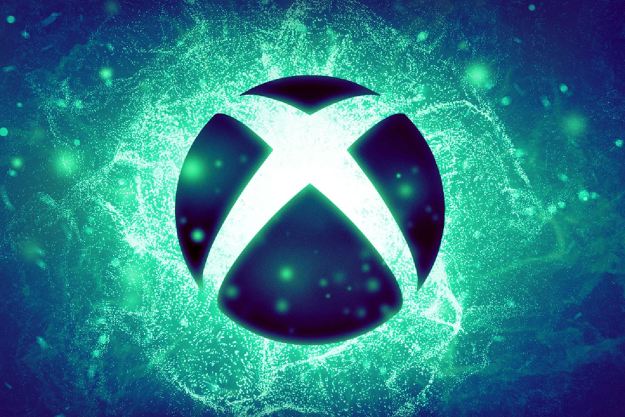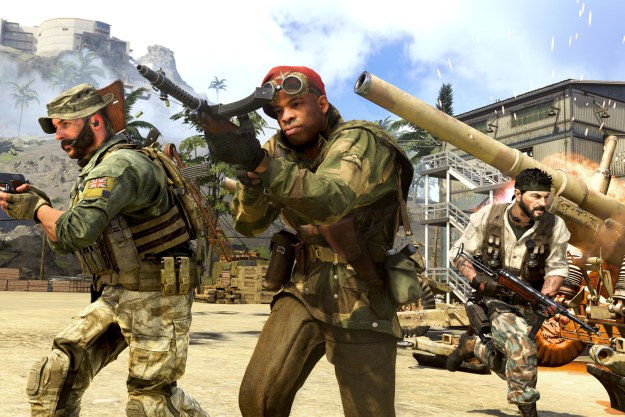The Federal Trade Commission (FTC) will sue Microsoft to block its acquisition of Call of Duty and World of Warcraft publisher Activision Blizzard.
A 3-to-1 vote ultimately determined the FTC’s decision to issue the lawsuit as the commission fears that the deal would give Microsoft an unfair advantage in the gaming industry and hurt innovation. FTC Bureau of Competition Director Holly Vedova explained the FTC’s intent in a press release.
“Microsoft has already shown that it can and will withhold content from its gaming rivals,” she said. “Today, we seek to stop Microsoft from gaining control over a leading independent game studio and using it to harm competition in multiple dynamic and fast-growing gaming markets.”
That press release also highlights the FTC’s belief that Microsoft’s acquisition of ZeniMax Media is problematic due to a track record of “using valuable gaming content to suppress competition from rival consoles.” In addition, after the Activision Blizzard acquisition, Microsoft could potentially “harm competition by manipulating Activision’s pricing, degrading Activision’s game quality or player experience on rival consoles and gaming services, changing the terms and timing of access to Activision’s content, or withholding content from competitors entirely.”
This $69 billion acquisition has dominated gaming industry headlines all year as Microsoft has been doing all it can to make the deal seem favorable to the industry. As recently as December 6, Head of Xbox Phil Spencer emphasized the potential positives of this acquisition, confirming plans to continue to bring Call of Duty to Nintendo platforms and Steam for 10 years if the Activision Blizzard merger is complete.
By filing this complaint, the FTC begins proceedings that will result in a hearing and trial before an administrative law judge to determine whether or not Microsoft will acquire Activision Blizzard.
Editors' Recommendations
- Xbox lays off 1,900 developers, cancels Blizzard’s survival game
- The video game industry flew too close to the sun in 2023. Now, its crashing back to Earth
- Microsoft finally closes its $69B Activision Blizzard acquisition
- Microsoft gives Activision Blizzard cloud gaming rights to Ubisoft
- Microsoft’s Activision Blizzard acquisition is going to take even longer




